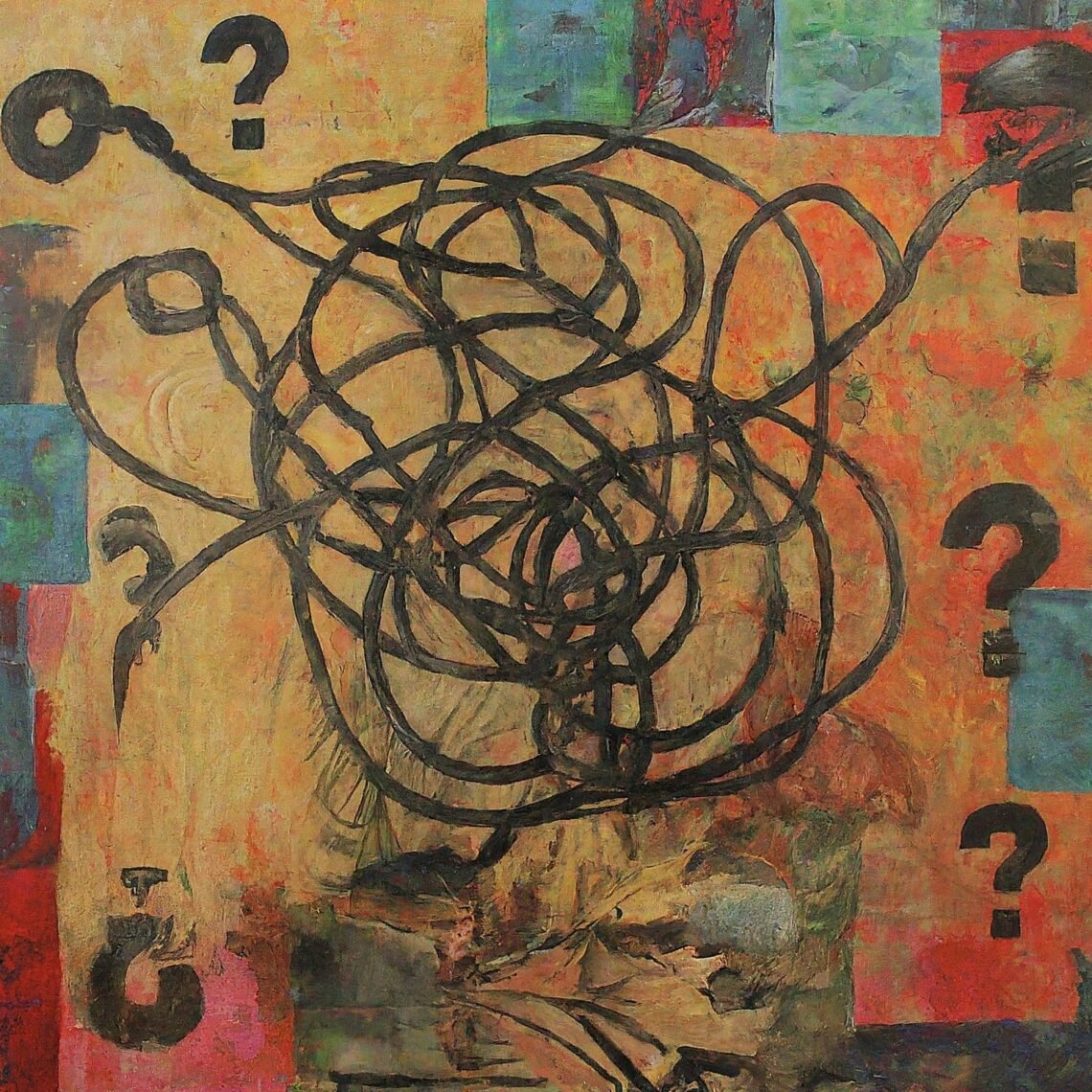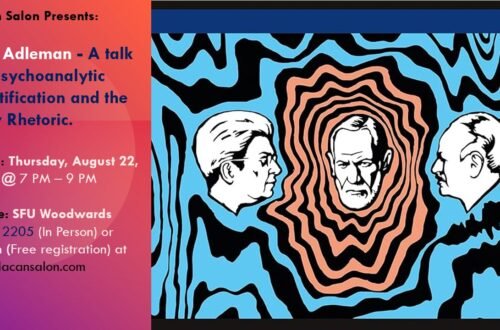
Alternate Tuesday: Facts Are Meaningless Unless You Care, by Yuya Takeda
When: May 21st, 2024 / 7PM-9PM (PST)
Where: SFU Woodwards and online. Register here.
Abstract:
Conspiracy theories are both timeless and timely as a topic of study. In terms of timelessness, “belief in conspiracies is,” borrowing Robert V. Bullough Jr.’s words, “probably as old as human language and certainly as old as war.” Despite this, academic research on conspiracy theories is rather new.
According to Katharina Thalmann, the first wave of conspiracy theories research emerged during 1930s and 1940s as a response to the two World Wars and the rise of totalitarianism. Conspiracy theories are known to gain their popularity during the times of uncertainly.
Responding to major historical events and social changes like the Great Depression, 9/11, and the Fukushima nuclear disaster, conspiracy theories provide explanations to what were once thought to be unimaginable.
It is no wonder, therefore, that there has been a proliferation of conspiracy theories research across many disciplines in the past decade. The increased attention to conspiracy theories is not limited to the academic discourses, but the Brexit and the U.S. Presidential election in 2016, the ongoing environmental crisis, the COVID-19 pandemic, and so on, pushed conspiracy theories to the foreground of public concern.
In this meeting, Yuya Takeda will first introduce some of the key elements highlighted in conspiracy theories research—with a particular emphasis on the centrality of meaning in this textual genre—and facilitate a discussion in relation to the texts referenced below.
Suggest Readings:
Facts are Meaningless unless you care: Media Literacy Education on Conspiracy Theories, by Yuya Takeda. Download here.
A Short Essay on Conspiracy Theories, Alenka Zupancic. Download here.
Biography: Yuya Takeda is a philosopher of education. Takeda recently completed his dissertation, Illuminating (Dis)enlightenment: Critical Media Literacy and/or Conspiracy Theories? in which he underscores the striking similarities between the dispositions critical media literacy education aims to cultivate and the characteristics conspiracy theorists claim to embody and explores the ways to demarcate educationally desirable from undesirable forms of critical reading and writing.
* Featured Art made by Gemini AI Google.




